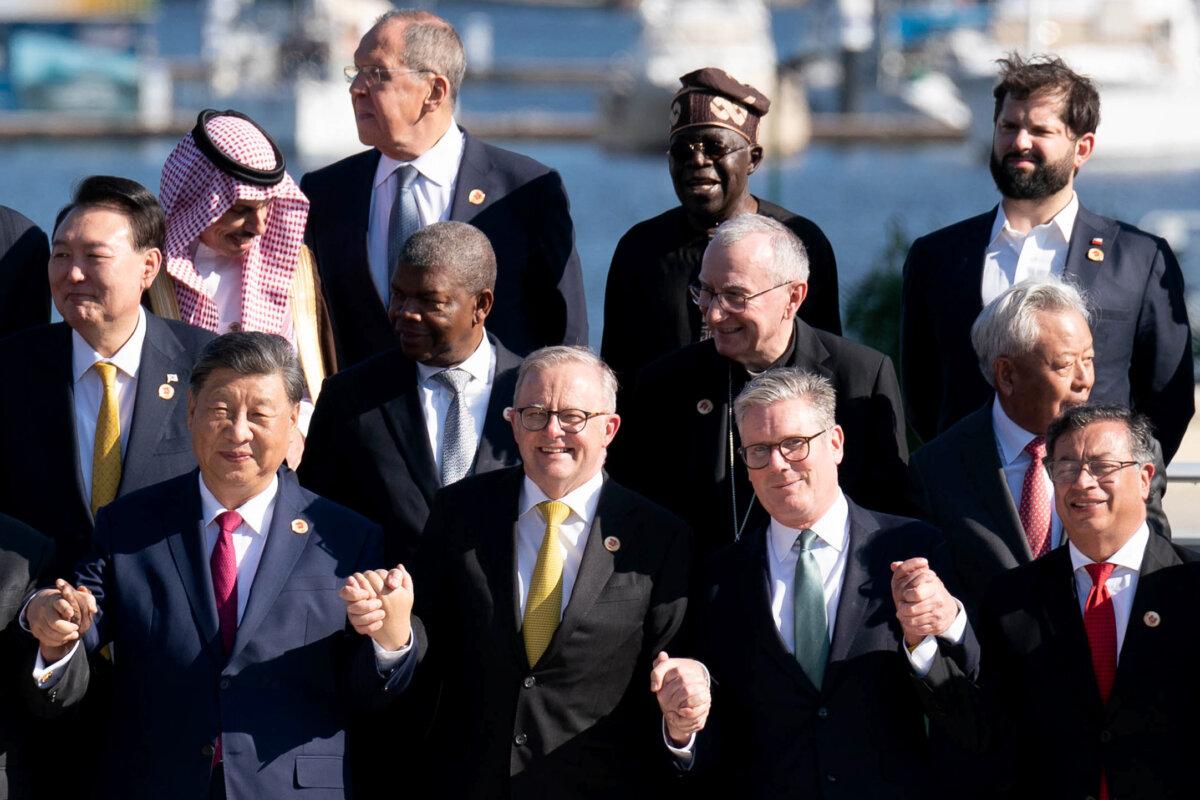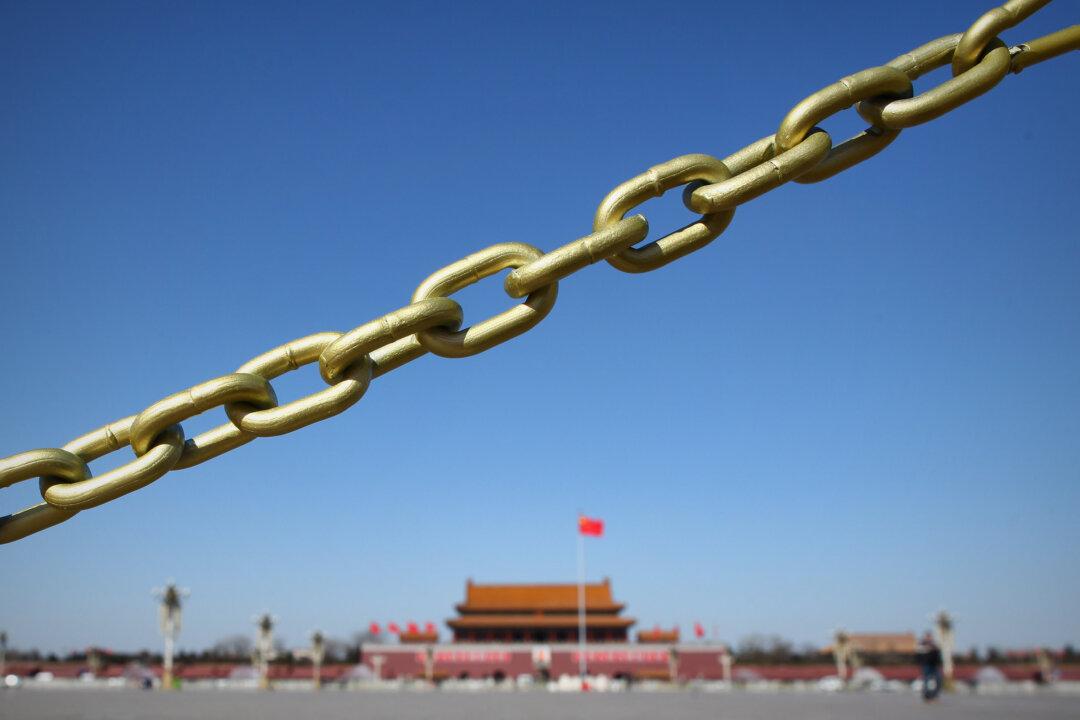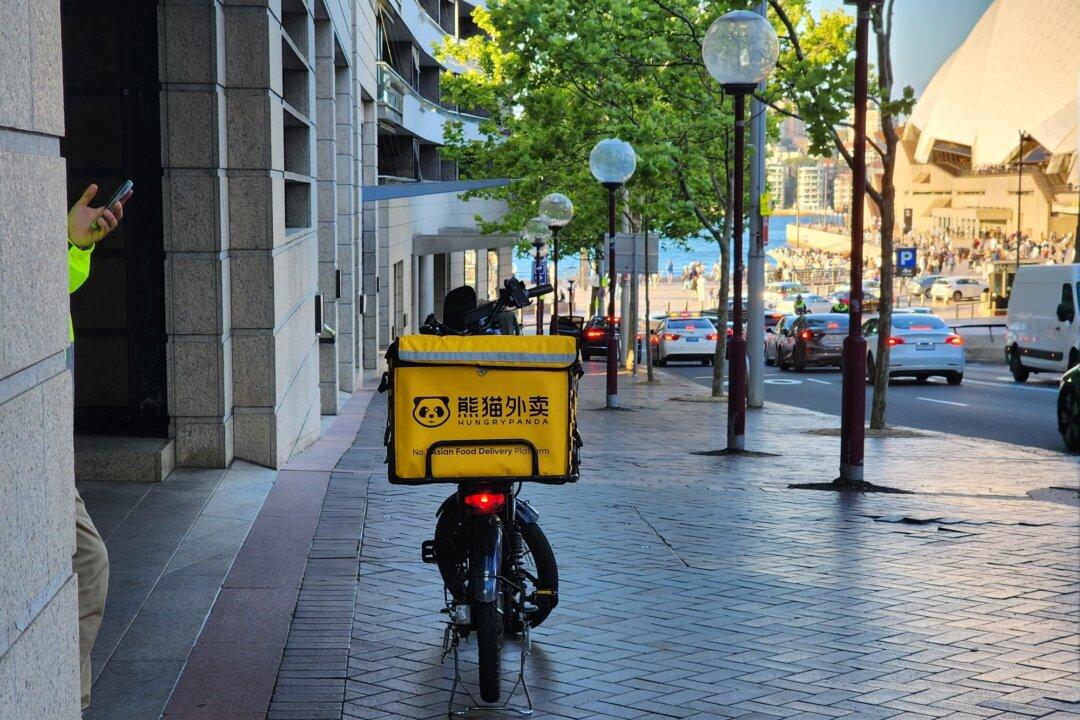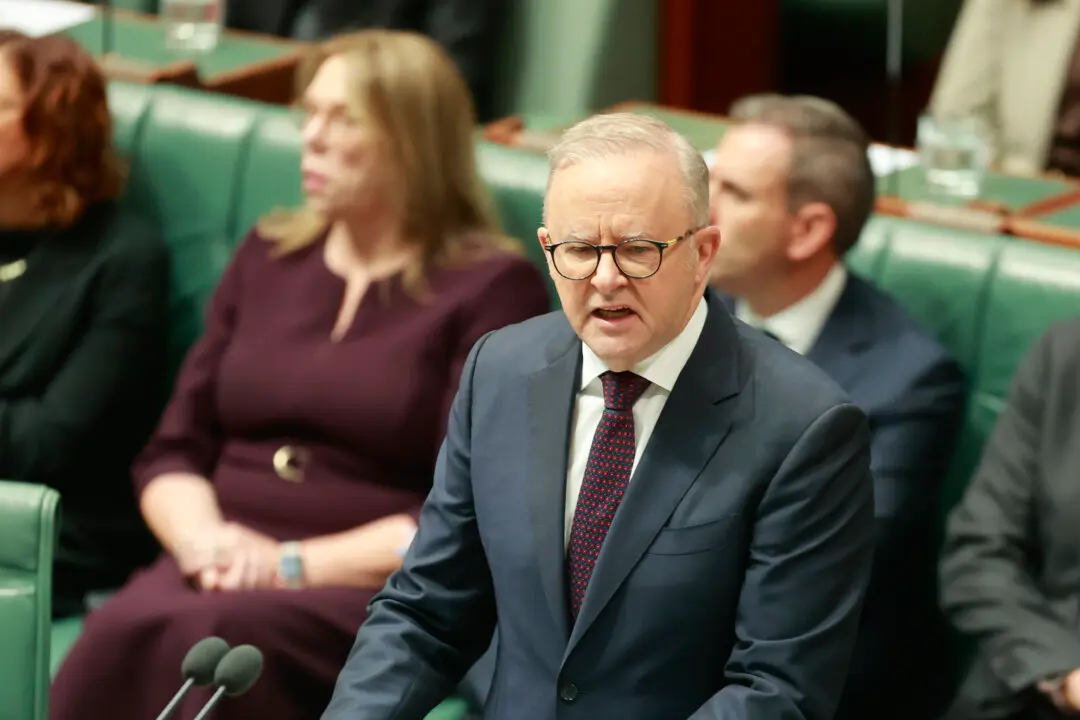An award-winning filmmaker has offered her insights into why Western media outlets seem to fall silent when telling the story of China’s human rights problems.
China observers have noted that media outlets once vocal on issues like the persecution of Falun Gong and repression in Xinjiang and Hong Kong, have largely gone silent.
“If they report on issues that are sensitive to the regime, they will be kicked out, and their visas will be banned. That has happened so many instances,” she told ABC Radio Brisbane.
Rubacek explained that sometimes it was a case of being covering the “wrong thing at the wrong time.”
Some reporters were expelled by CCP officials because they covered sensitive issues like the Falun Gong spiritual movement, or even corruption in a small town, or environmental abuse.
“Or if they want you as a pawn to play tit-for-tat with, they will target the [reporting] journey throughout. [There’ve been] so many instances of that, so media are very, very cautious to an extreme.”
A local example of this is the arbitrary detention of CGTN reporter and Australian citizen, Cheng Lei, who was detained during the pandemic in retaliation for the then-Australian government calling for an investigation into the origins of COVID-19.

Meanwhile, Rubacek pointed to another factor and that was the advertising dollars from China.
“For example, China Daily has included inserts in some American media, and that provides a large sum of advertising dollars directly from the CCP. And there’s many examples of that from radio to television to print to movies, Hollywood, you name it,” she said.
China Daily is one of the CCP’s largest state-owned English-language newspapers.
“China has a very large influence and pull, and they do it in a way that is usually targeting the people who tend to be fearful, and they know how to push those buttons.”
“From whitewashing the genocide of Uyghurs in Xinjiang, to excusing the CCP’s continued bankrolling of Russia’s war against Ukraine, China Daily’s mission is to propagate the goals of the party,” the senators wrote.
“By continuing to do business with China Daily, your outlet is disseminating CCP propaganda to an American audience.”

Meanwhile, Rubacek also noted the distinction between China, the Chinese people, and the CCP in her interview.
“I’ve been to China. It’s a wonderful place, and it is a wonderful country with a marvellous history, and the people are absolutely beautiful human beings, as we would expect in any country when we respect each other,” she said.
“But the Communist Party itself really has become kind of a rogue entity when you look at how it operates.”






